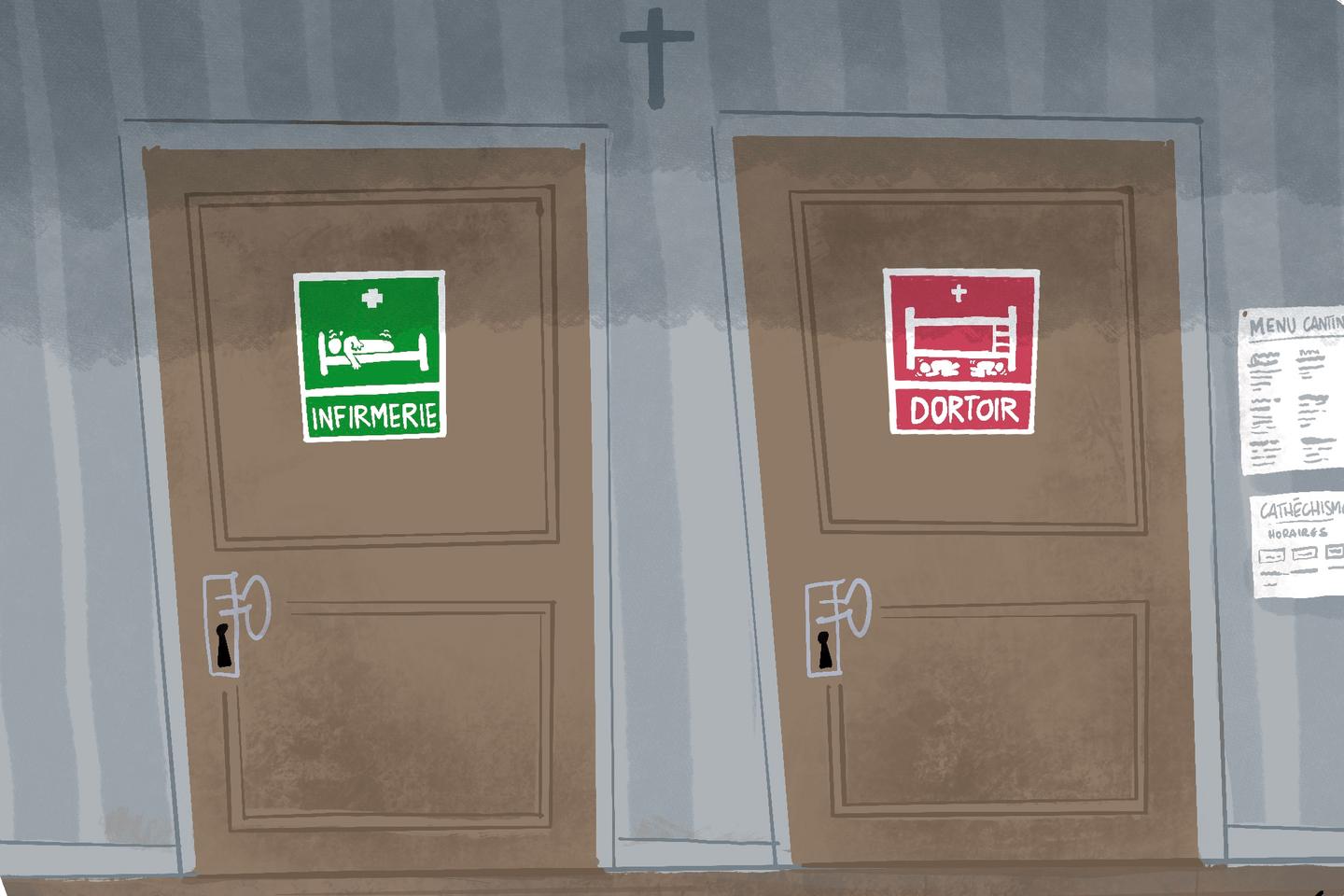3 Signs You Have a Securely Attached Partner

Source: Clarisse Meyer / Unsplash True love shouldn’t feel like walking on eggshells. Instead, at its best, love should feel safe. This sense of safety (or lack thereof) is usually the product of attachment styles. Those with a secure attachment style bring a pervasive sense of trust, emotional maturity, and stability to their relationships—something that can feel refreshing if you’ve consistently been with people who struggle with high levels of insecurity. If you wonder whether your partner comes from such a secure space, here are three key signs that they do. 1. They’re Okay With Missing You From a psychological standpoint, secure attachment is built on trust. Classic research from the Journal of Personality and Social Psychology suggests that securely attached individuals are far more trusting of their partners than others. They understand that relationships don’t require permanent proximity to remain strong and view their partner’s social life as separate from their own, without feeling threatened. For instance, say you’ve been looking forward to a night out with your friends all week. You and your partner have spent plenty of time together, but tonight, you want to kick back and enjoy yourself. An anxiously attached partner might bombard you with texts throughout the night, asking when you’re coming home or worrying you’re having too much fun without them. They might say, “I just don’t get why you want to go without me.” Or, “Are you sure you won’t forget about me while you’re out?” On the other hand, an avoidantly attached partner might pretend they don’t care at all, but later, you notice they’re cold and withdrawn. Instead of admitting they missed you, they might act distant, almost as if punishing you for enjoying yourself. However, a securely attached partner would say, “Have a great time! Send me a picture if you guys do something fun. I can’t wait to hear all about it when you get home.” That’s it. There is no guilt-tripping, no last-minute attempts to change your mind, no silent treatment later. Simply put, a secure partner feels safe and trusting enough to go a few hours without you. They have no problem with missing you because they remember that no matter how much fun you have without them, they’ll always be the one you return home to. 2. They Excel at Communicating Effectively Picture yourself having a particularly rough day. Something at work upset you, and you’re quieter than usual. An anxiously attached partner might repeatedly ask what’s wrong, even when you say you’re not ready to talk. If you remain quiet, they might assume they’ve done something wrong and start spiraling. They may ask, “Is it me? Did I say something? Are you mad at me?” Before you know it, you’re managing their emotions instead of your own. An avoidantly attached partner, on the other hand, might register that something is off, but they won’t do anything about it. They figure, “If they want to talk, they’ll say something.” And if they make any attempt, it may be a half-hearted “you okay?” They may drop this as soon as you say, “I’m fine.” Or, “I don’t want to talk about it.” In contrast, a securely attached partner notices that this situation isn’t necessarily about them and recognizes the need for tact. Instead, they say, “Hey, I can tell you’re out of sorts today. I want to be there for you, but I can’t if I don’t know what’s wrong. When you’re ready, let’s talk about it.” Their tone is warm and open, and there’s no pressure. If you say yes, they listen attentively; if you say no, they respect your space but remind you they’re there if you change your mind. This respectful yet attentive nature is one of the most rewarding results of a secure attachment style—namely, according to 2015 research from Frontiers in Psychology, emotional availability. In theory, this refers to the ability to be open and willing to work towards maintaining a healthy emotional connection. And in practice, this means that emotionally available partners don’t shy away from emotional depth. They’re unafraid of tough conversations and don’t rely on mind games or passive-aggressive hints. Instead, they communicate with directness and care. This kind of emotional security is a holy grail in partnerships. It means fewer misunderstandings, fewer “cold wars,” and fewer moments when you feel like you’re talking to a brick wall. They read between the lines when they need to, and listen actively when there’s something they need to hear. 3. They Don’t Make Conflict Dramatic Psychologists have long observed that secure individuals handle conflict in a way that strengthens relationships rather than weakening them. Research from The American Journal of Family Therapy demonstrates that securely attached partners are experts in verbal engagement, self-disclosure, and open-ended discussions. For example, say you must bring up something that’s bothering you. Perhaps your partner said something—a joke or a fleeting statement—that inadvertently hit a nerve. You sit them down and say, “Hey, I just wanted to talk about something. When you said that thing earlier, it hurt my feelings.” An anxiously attached partner will likely over-apologize to the point that you’ll end up comforting them. “Oh my God, I’m the worst! I always mess up! Do you even love me anymore?” By the end, you realize the whole conversation was about their fears of abandonment, and your feelings are still very much unaddressed. Conversely, an avoidantly attached partner would probably respond defensively, “You’re overreacting. It was just a joke. Why are you making such a big deal out of this?” They shut down the conversation before it even begins, which makes you feel your hurt is unjustified. In comparison, a securely attached partner would never roll their eyes, turn it into an argument, or immediately try to make it about themselves. Instead, they listen until you’ve finished explaining your side. Only once you’re done would they say something: “Wow, I didn’t realize how that came off—but after hearing your perspective, I understand why you’d be upset. I’m sorry, and thank you for telling me.” They never resort to childish silent treatments, and don’t start explosive fights over minor problems. Moreover, neither of you feels like you’re walking on eggshells to avoid triggering the other. Instead, problems are addressed, solutions are found—and, most importantly, both of you walk away feeling understood and stronger than where you started. A similar version of this post also appears on Forbes.com.



















